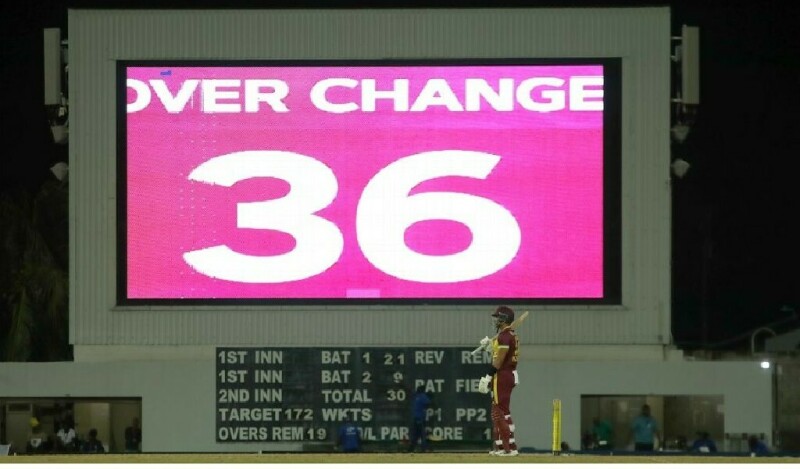The International Cricket Council (ICC) has approved a series of rule changes across formats, with several already in effect for the 2025-27 World Test Championship cycle, while white-ball changes will take effect from July 2.
Key among the changes is the introduction of a stop clock in Test cricket, aimed at tackling slow over rates.
Fielding teams must now begin a new over within 60 seconds of the previous one ending or face a five-run penalty after two warnings. The clock resets every 80 overs.
In ODIs, only one ball will be used from the 35th over onward, and the mandatory ball change rule for saliva application has been relaxed.
Umpires will now decide on a ball replacement only if its condition is visibly affected.
ICC scraps ‘unnecessary’ soft signal ahead of WTC final
The DRS protocol has also been modified. If a batter is initially given out caught and that decision is overturned, umpires will now proceed to assess secondary dismissals (like lbw) with the original “out” label, meaning “umpire’s call” could still result in an out.
Further, in combined reviews, decisions will now be taken chronologically. If a batter is found out on the first incident (e.g., lbw), any subsequent review (e.g., run out) becomes irrelevant as the ball is considered dead.
Other updates include:
The third umpire will now rule on catch fairness even if the delivery is later called a no-ball.
Deliberate short runs will lead to a five-run penalty and allow the fielding team to choose which batter faces the next ball.
A trial for full-time injury replacements will be conducted in domestic first-class cricket, limited to visible external injuries.
